The Others
With three different covers, this monograph gathers for the first time the series The Others that Oliver Culmann intiated in 2009 while living in India. For this work, he chose to use his own image as a tool to explore social fantasies and the questions of self and otherness. Fascinated by popular imagery and codes of staged photography, he used as a base material a series of portraits rendering the variety of components contributing to building individual identity: religion, caste, social class, occupation and regional origin. The portraits are subsequently transformed using the various techniques of iconographic creation commonly used in India: raging from neighborhood photo studio (see phase I), to digital lab alterations with Photoshopalike softs (phase II), portraits recomposed and colorised based on photo fragments (phase III) or portrait painted after photographs (PhaseIV).
At the same time, author, director and actor, Olivier Culmann explores in the series, the limits of photography by questioning the construction of social status through practices of self-representation.
Several essays enlighten us on the mutiple facets of this work:
Christian Caujolle, associate professor at the École Nationale Supérieure Louis-Lumière, critic, independent curator.
François Cheval, director of the Nicéphore Niépce Museum, Chalon-sur-Saône.
Christopher Pinney, professor of Anthropology and Visual Culture at University College London.
Olivier Culmann
The Others
With three different covers, this monograph gathers for the first time the series The Others that Oliver Culmann intiated in 2009 while living in India. For this work, he chose to use his own image as a tool to explore social fantasies and the questions of self and otherness. Fascinated by popular imagery and codes of staged photography, he used as a base material a series of portraits rendering the variety of components contributing to building individual identity: religion, caste, social class, occupation and regional origin. The portraits are subsequently transformed using the various techniques of iconographic creation commonly used in India: raging from neighborhood photo studio (see phase I), to digital lab alterations with Photoshopalike softs (phase II), portraits recomposed and colorised based on photo fragments (phase III) or portrait painted after photographs (PhaseIV).
At the same time, author, director and actor, Olivier Culmann explores in the series, the limits of photography by questioning the construction of social status through practices of self-representation.
Several essays enlighten us on the mutiple facets of this work:
Christian Caujolle, associate professor at the École Nationale Supérieure Louis-Lumière, critic, independent curator.
François Cheval, director of the Nicéphore Niépce Museum, Chalon-sur-Saône.
Christopher Pinney, professor of Anthropology and Visual Culture at University College London.
Hardcover, 3 different covers
21,5 x 26,3 cm
192 pages
136 color photographs
Texts
Christian Caujolle
François Cheval
Christopher Pinney
Limited edition
ISBN : 978-2-36511-080-8




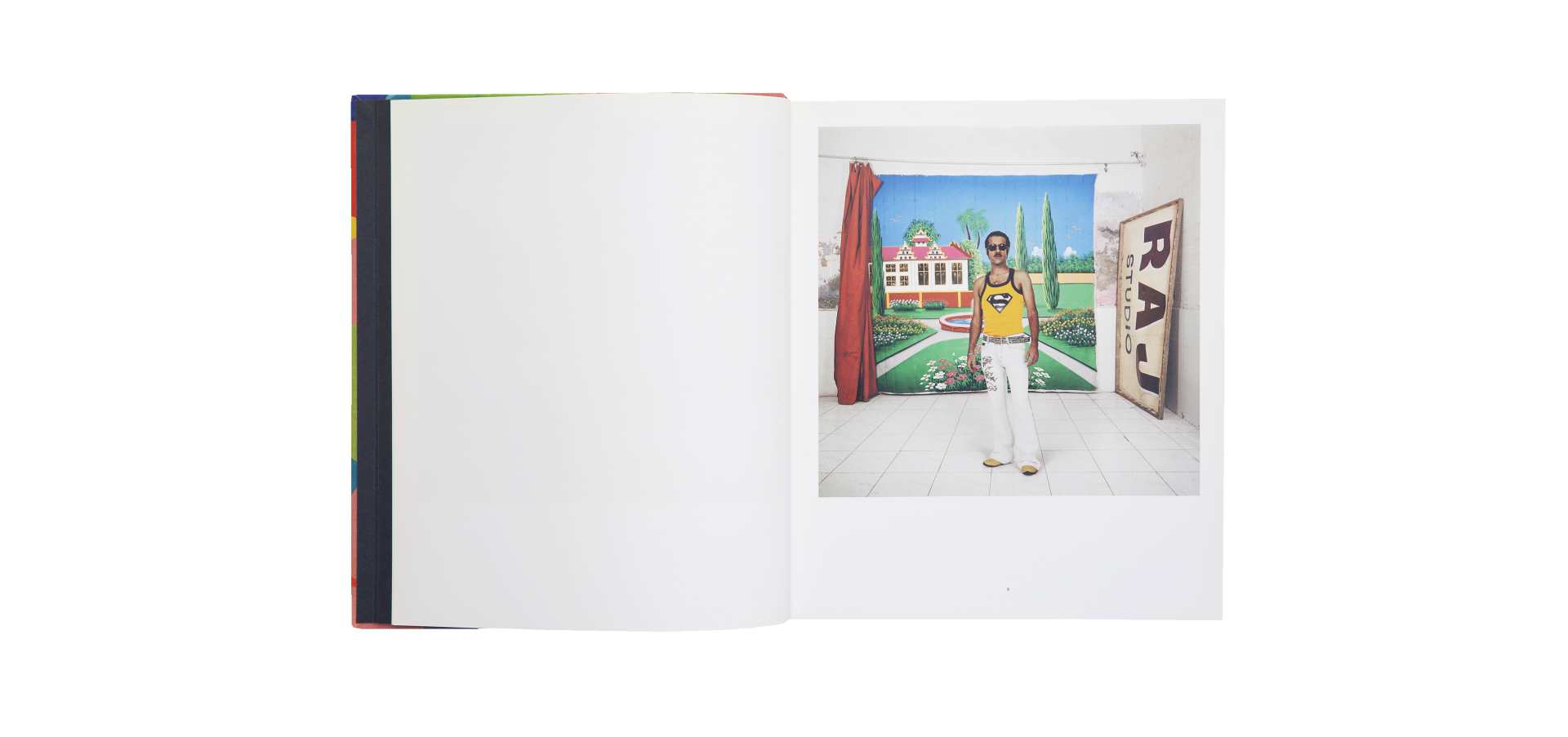
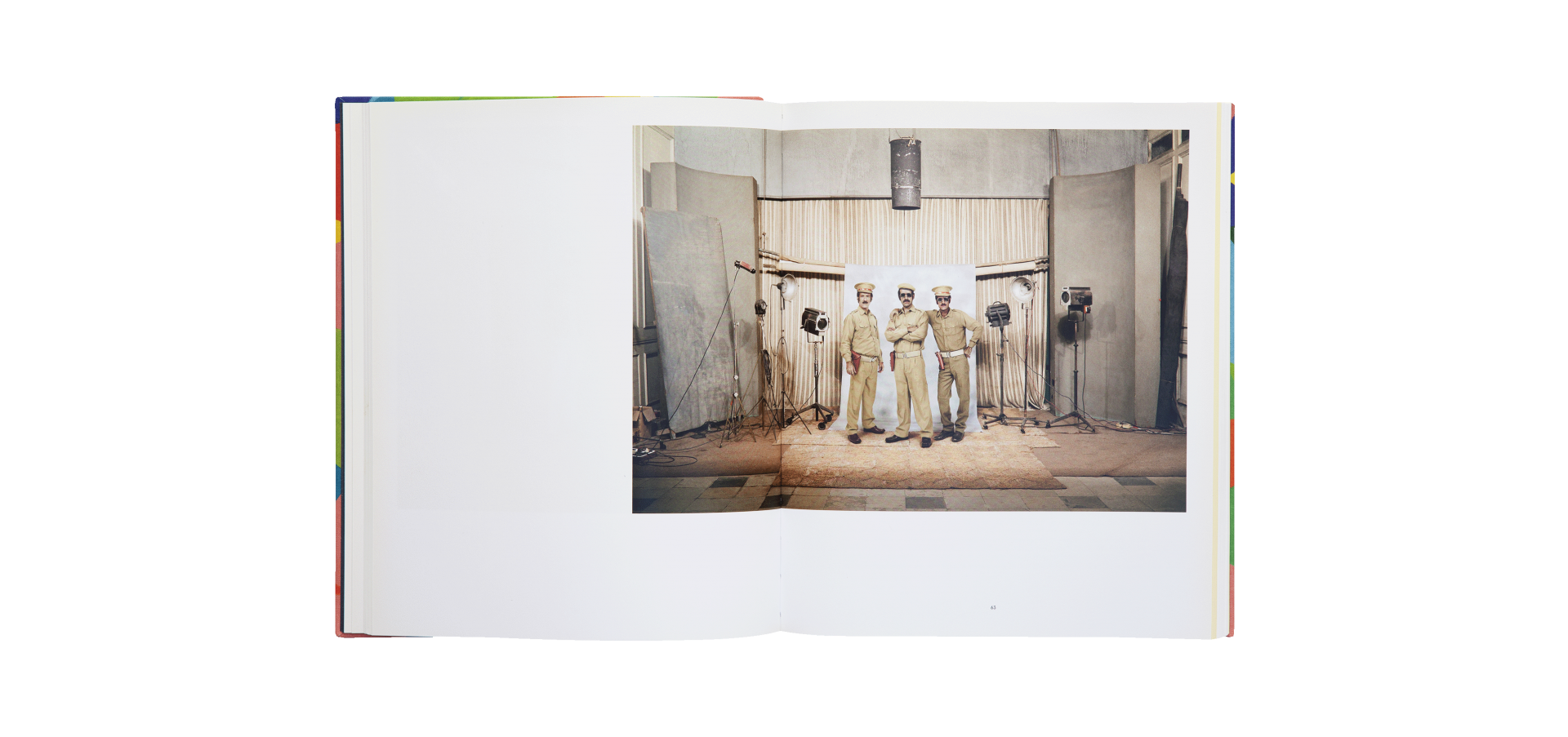
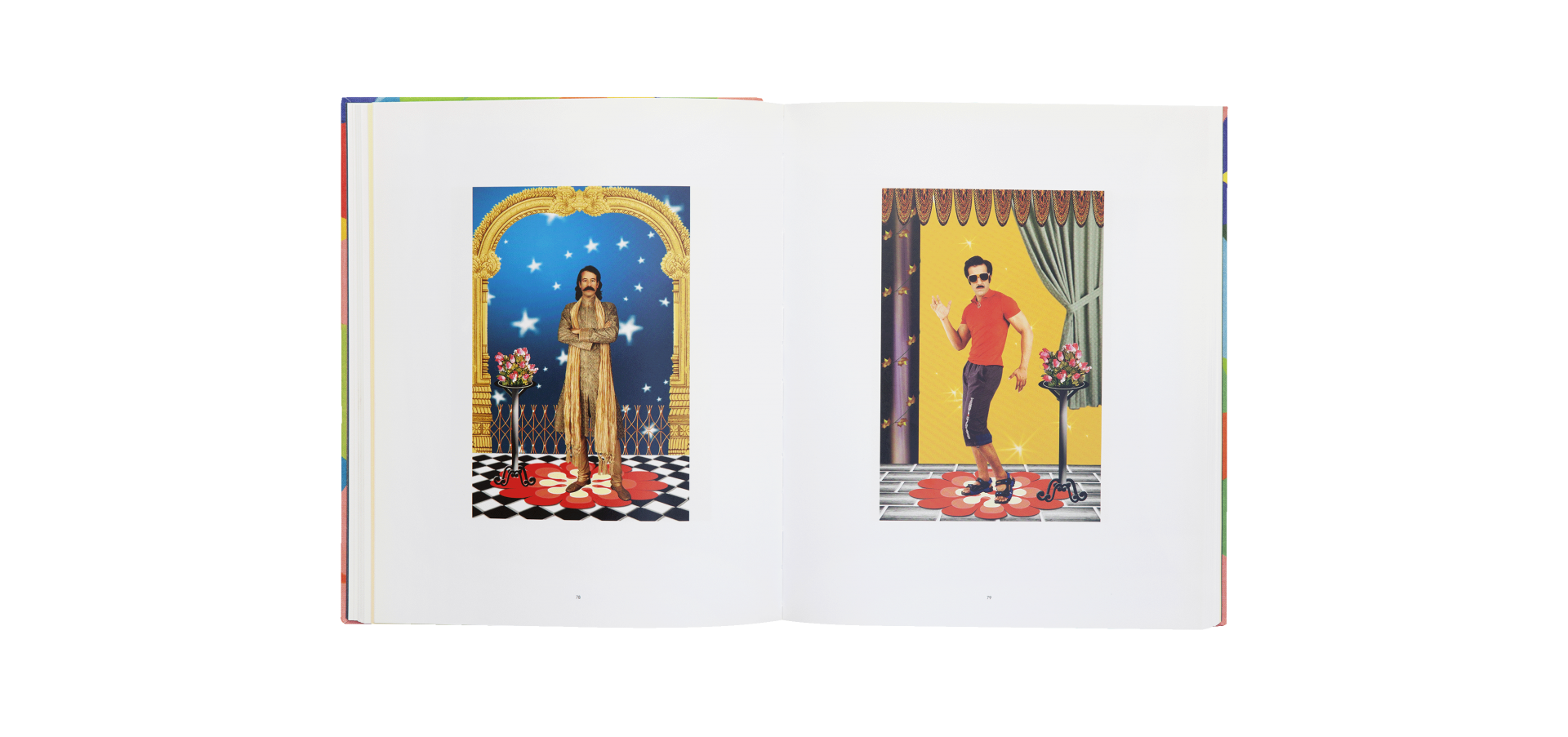

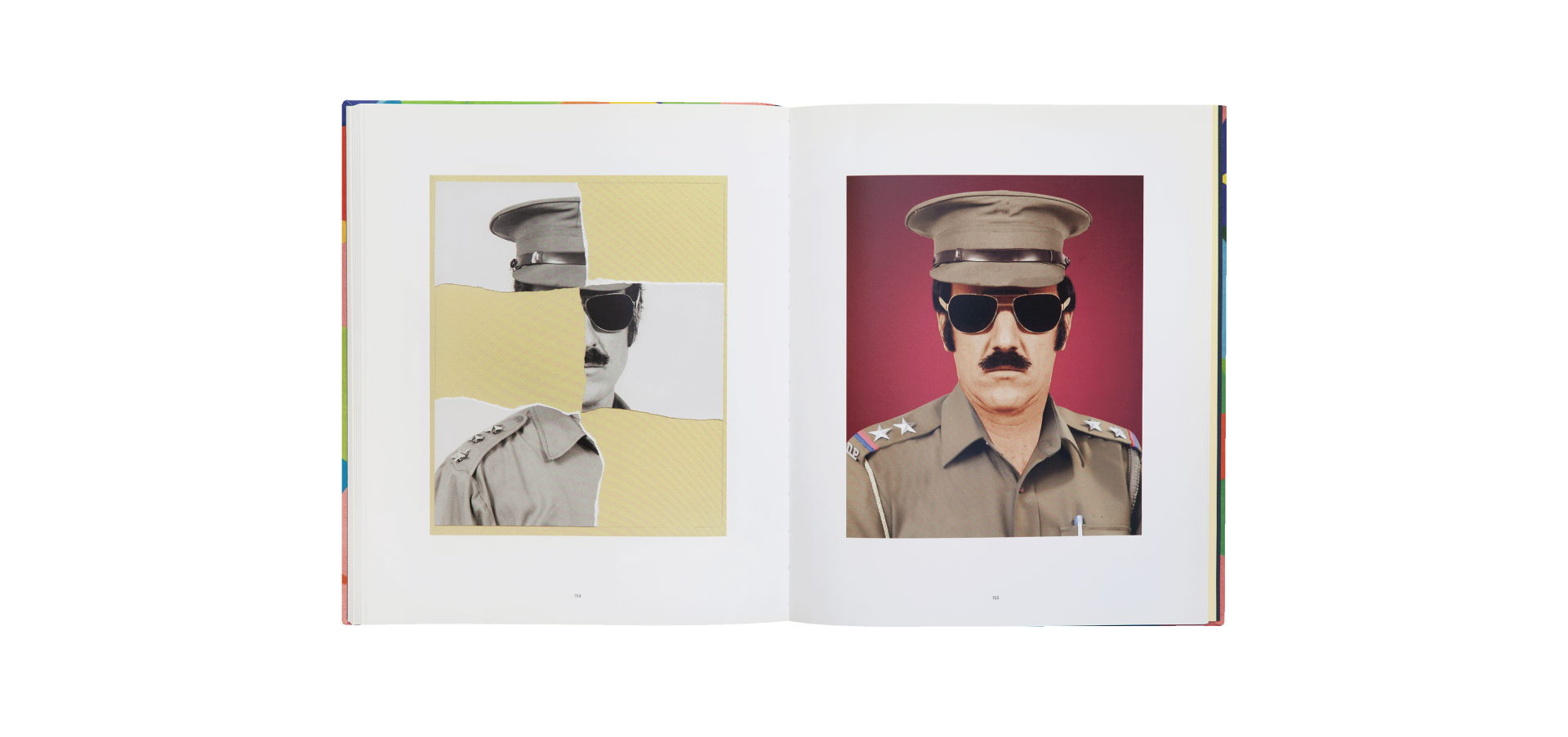
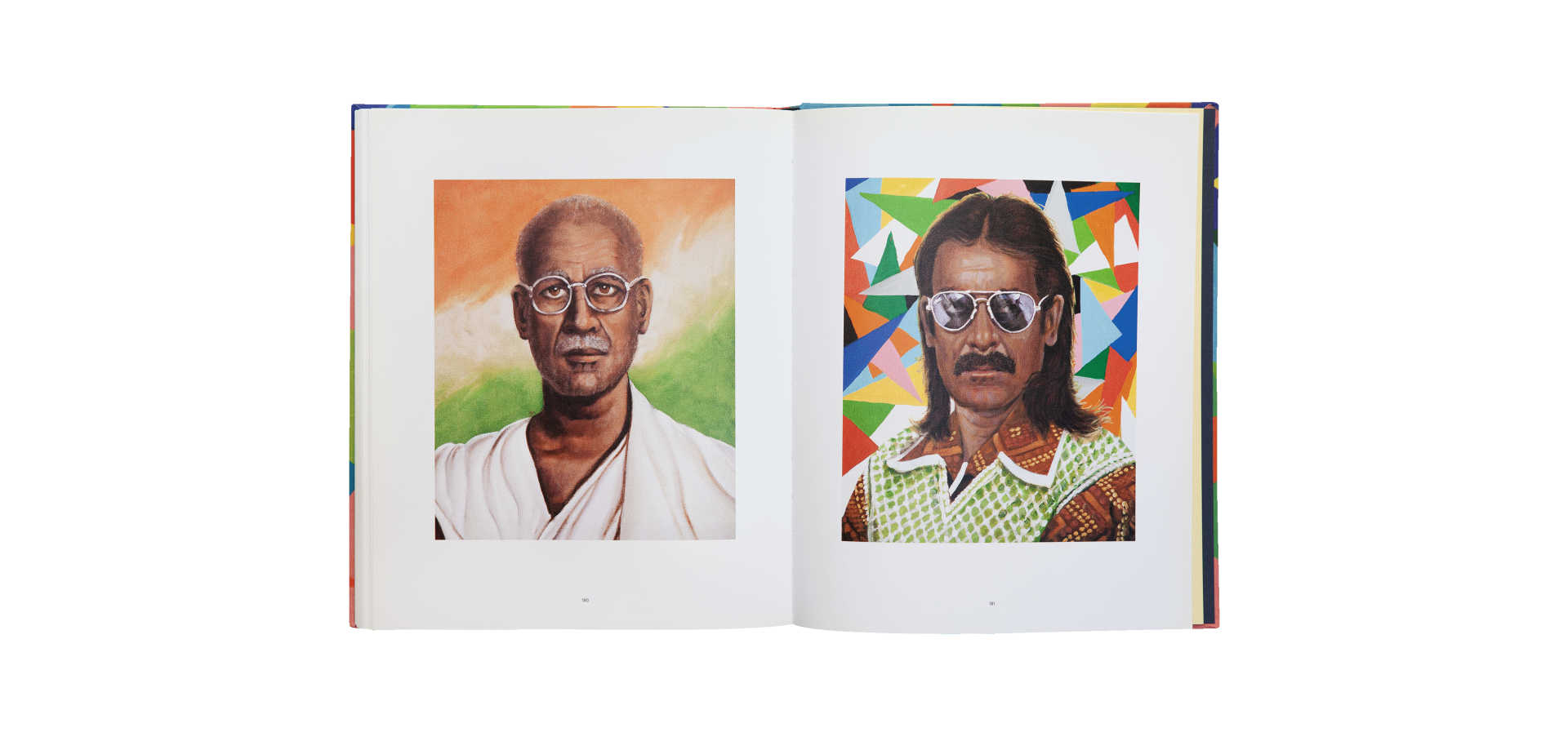
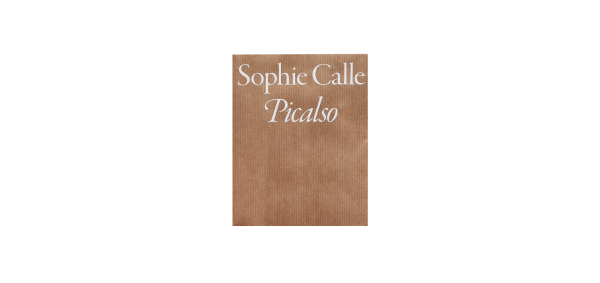
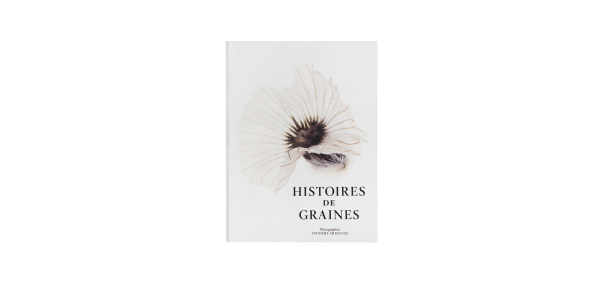
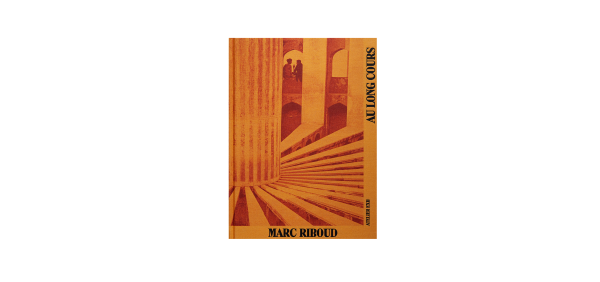
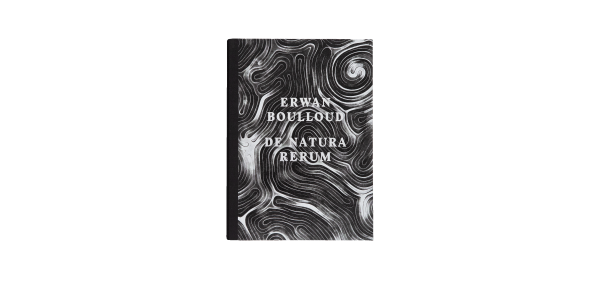
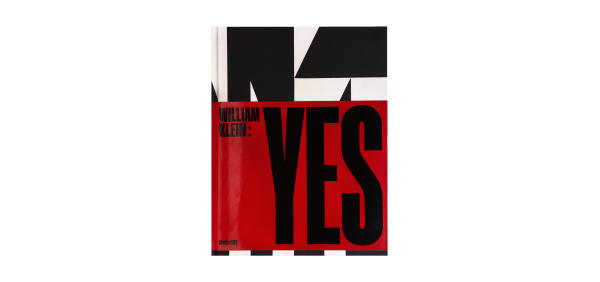
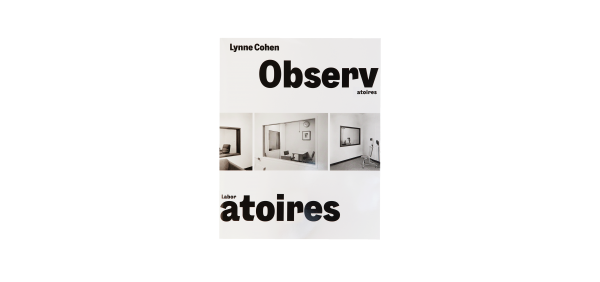
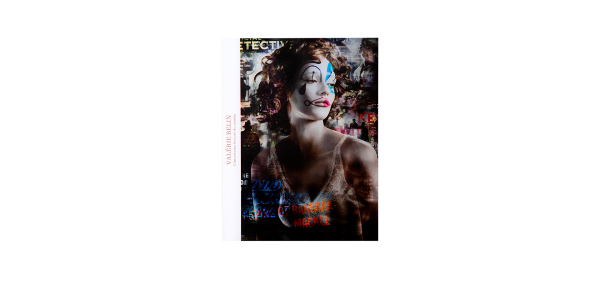
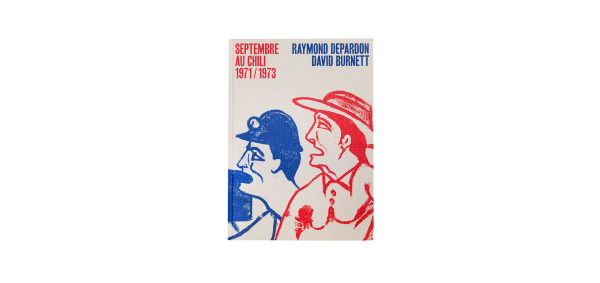
 see the whole catalog
see the whole catalog